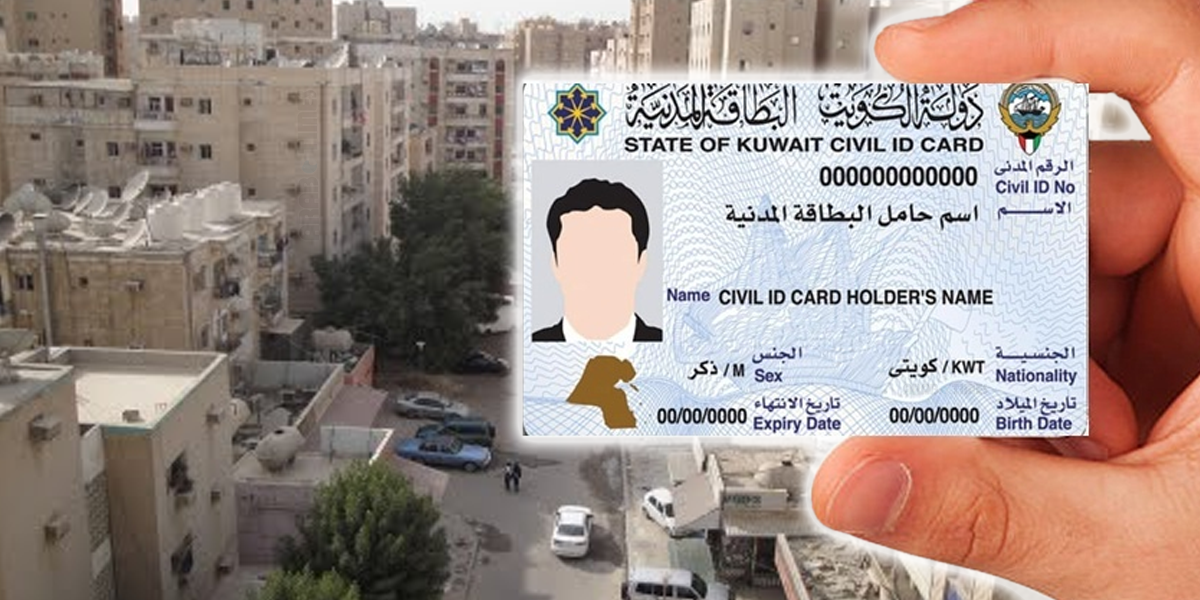08/08/2025
08/08/2025

KUWAIT CITY, Aug 8: Kuwait’s Public Authority for Civil Information (PACI) has been on an aggressive mission to stamp out fake residential addresses, targeting expired leases, missing documents, property ownership changes, and buildings awaiting demolition. But while the official focus is on cleaning up records, the reality on the ground reveals a far more sinister story- a thriving black market for Civil ID addresses, run in plain sight.
In many recent cases, legitimate tenants have found themselves erased from PACI’s system, not because they violated their lease, but because the property they live in changed hands. The new owner rents out the same units, and through a corrupt chain involving building caretakers (haris), the address is handed over to someone else for cash.
The scam runs like clockwork. For KD 70 to KD 150, caretakers use the property owner’s Civil ID, the building’s PACI number, forged lease contracts, and even fake rent receipts to register a “new tenant.” Once PACI updates the records, the original tenant’s registered address is deleted, and their name appears in the Kuwait Official Gazette (Kuwait Alyoum). The victim, still paying rent, suddenly has no legal proof of residence.
In many of these buildings, official rent receipts and lease papers are never issued, creating the perfect breeding ground for abuse. Caretakers hide behind excuses, “The owner is out of the country,” “His Civil ID is under renewal,” “The papers are delayed” — while quietly pocketing bribes from desperate migrant workers seeking a legal address.
And the corruption doesn’t end there. Existing tenants themselves are becoming part of the racket. For KD 150 to KD 200 per year, some renters “sell” space on their lease contract, falsely declaring that another individual is living in their apartment and personally known to them. This fraudulent add-on is then registered with PACI, giving the newcomer an official Civil ID address — even if they’ve never set foot in the property.
These schemes don’t just manipulate paperwork; they actively strip rights from genuine residents, compromise Kuwait’s residency database, and enable the shadow economy to thrive. What was meant to be a safeguard for orderly housing records has instead become a tool for exploitation, with corrupt caretakers, opportunistic tenants, and desperate buyers all feeding off the same illicit network.
For those who wake up to find their PACI address wiped clean, the message is brutal and clear: In Kuwait’s underground address market, your home can be sold out from under you — and all it takes is a handshake, a forged contract, and a pocketful of dinars.
by JCF
Al Seyassah /Arab Times


